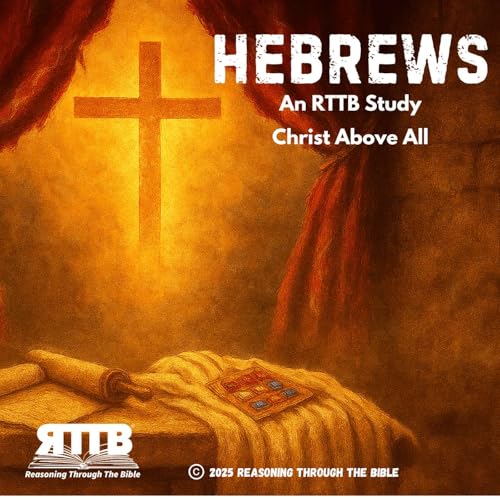What if perfection isn’t about flawlessness, but about being made complete? We continue in Hebrews chapter 10 and discover a new covenant that doesn’t ask for more sacrifices or harder striving. It declares, with surprising clarity, that by one offering Jesus has perfected believers for all time—and that God chooses not to remember sins. That single truth reframes the Christian life from a performance to a position, freeing us to approach God with real confidence.
We walk through the text’s turning point: the law moves from stone to heart, and access to God moves from a guarded room to a torn veil. The old way highlighted our weakness; the new way empowers inner transformation by the Holy Spirit. Faith comes first, then baptism follows as a sign of what Christ has done within. Along the way, we tackle a common struggle—wavering faith in the face of grief, unmet expectations, and spiritual drift—and show how hope rests not on our grip but on the faithfulness of the One who promised.
Community becomes essential, not optional. Hebrews calls us to assemble, encourage, and stir one another to love and good works. Isolation magnifies confusion; the local church anchors us in truth, correction, and care. We end with a practical triad you can carry into the week: draw near in faith, hold fast to hope, and stir up love. If you’re longing for a clean conscience, deeper assurance, and a reason to re-engage with church life, this conversation points the way back to the finished work of Christ.
If this resonated, follow the show, share it with a friend who needs encouragement, and leave a review so more people can find these studies. What truth from Hebrews 10 will you put into practice today?
Support the show
Thank you for listening!! Please give us a five-star rating to help your podcast provider's algorithm spread RTTB among their listeners.
You can find free study and leader resources at the following link - Resource Page - Reasoning Through the Bible
Please prayerfully consider supporting RTTB to help us to continue providing content and free resources. You can do that at this link - Support RTTB - Reasoning Through the Bible
May God Bless you!! - Glenn and Steve
 Jan 23 202634 min
Jan 23 202634 min 29 min
29 min 27 min
27 min 36 min
36 min 33 min
33 min 29 min
29 min 30 min
30 min 31 min
31 min
